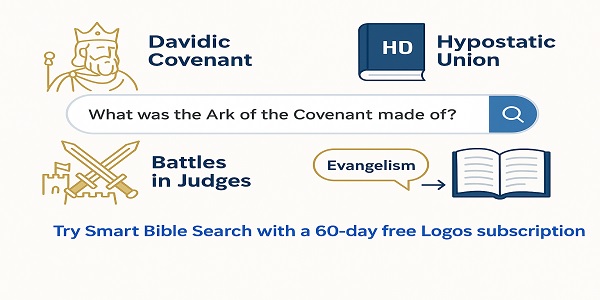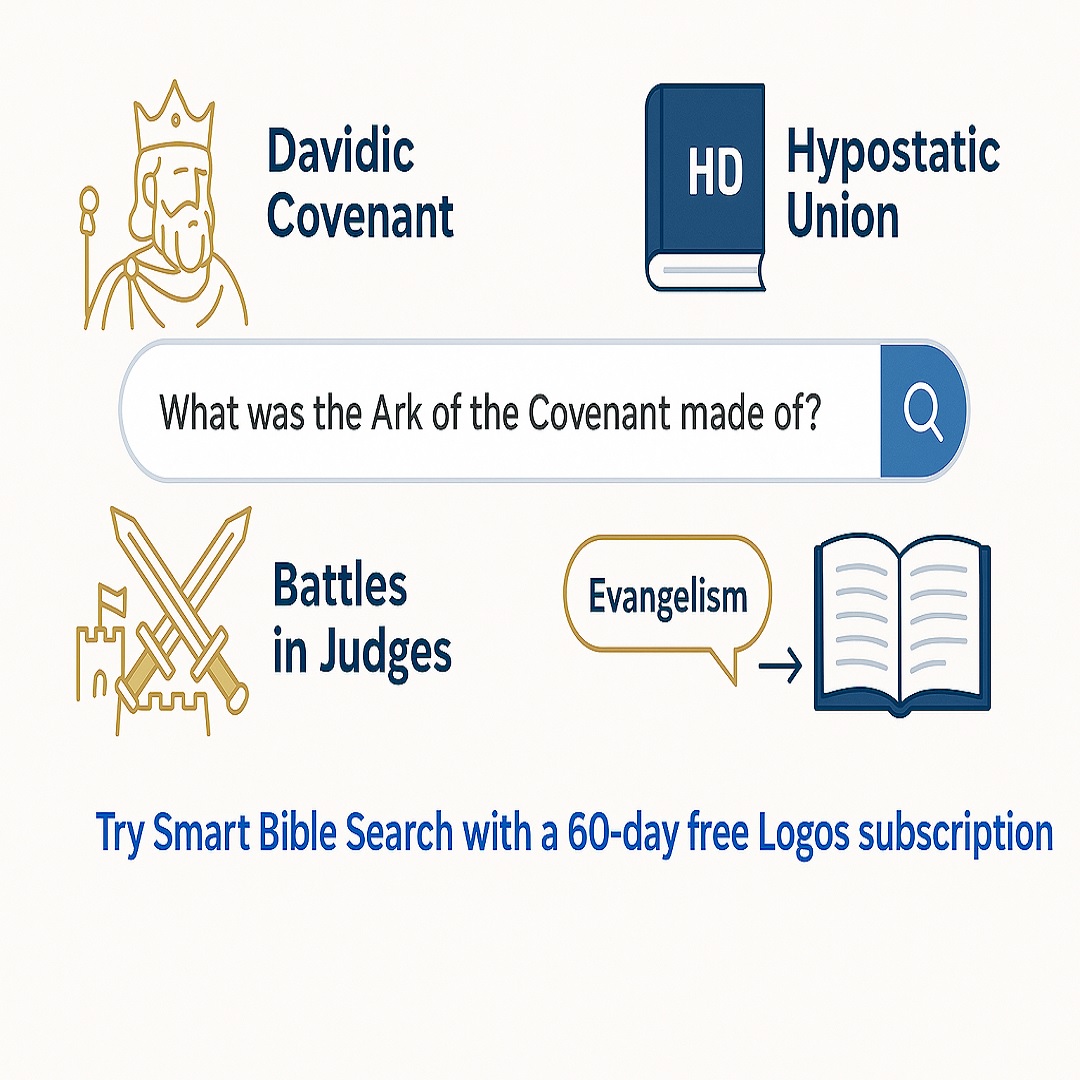Exploring the Biblical Backstory that Sheds Light on Jesus’ Crucifixion
The question of “did Jesus have to die on the cross” has evoked various interpretations throughout history. Some see it as a sacrifice for human sin, while others perceive it as a cosmic victory over death. This article aims to delve into crucial but often overlooked parts of the Bible’s backstory to better understand the significance of Jesus’ death.
The Complexity of Saying Jesus Died “for” Us
Different parts of the New Testament use phrases like “Jesus died for us,” but the true meaning behind this statement remains multifaceted. The Greek words “huper” and “peri” provide different nuances, such as dying for the benefit of, as a substitute, or because of human actions. The Apostle Paul highlights that Jesus’ death for our sins finds its roots in the Hebrew Scriptures, leading us to explore key moments in the biblical narrative to understand why we, as humans, die.
Why Do We Die?
The Genesis story portrays God’s creation of a garden in Eden, a death-free zone where humans lived in harmony with God. However, their disobedience led to expulsion from the garden, resulting in mortality. The story reveals that human death originates from rejecting God’s offer of true life and trusting in human wisdom.
Is Death Our End?
After the expulsion from Eden, God establishes the Tabernacle and later the temple as places symbolizing His presence among the people. These sacred spaces exclude death, allowing people to experience a taste of Eden’s life. Yet, the paradox arises when death becomes a barrier preventing them from reuniting with God fully. Ritual sacrifices with blameless animals provide a glimpse of God’s merciful plan to preserve human life through death.
Preserving Life Through Death
God’s plan involves a representative offering their life for another, allowing the latter to pass through the deadly boundary and reunite with God. Animal sacrifices within the Tabernacle and temple rituals illustrate this process. Despite these offerings, the reality of death and corruption remains, leading to a hopeful expectation that God will bring an end to death and corruption.
Why Did Jesus Have To Die?
The Gospel of John reveals the cosmic plot twist that God, in the form of Jesus, joins humanity outside of Eden. By choosing to be human, Jesus experiences death, revealing that reuniting with God requires a real death—a surrender of human wisdom. Jesus’ death on the cross restores access to God’s presence and teaches that death is temporary, not the ultimate end.
Conclusion
The meaning of Jesus’ death on the cross remains intricate, and diverse explanations exist throughout the biblical story. Regardless of the interpretation, Jesus’ death reflects God’s undying love for humanity. In the death of Jesus, God demonstrates His love by entering our world of death and dust, offering a way to live through death and return to eternal life with Him. Understanding Jesus’ death empowers us to live in love, replacing fear with hope and embracing God’s garden-style ways of living together.



 Search The Bible the way you have always wanted to.
Search The Bible the way you have always wanted to.

 The most complete Bible study Platform. Start you Free trial Now!
The most complete Bible study Platform. Start you Free trial Now!

